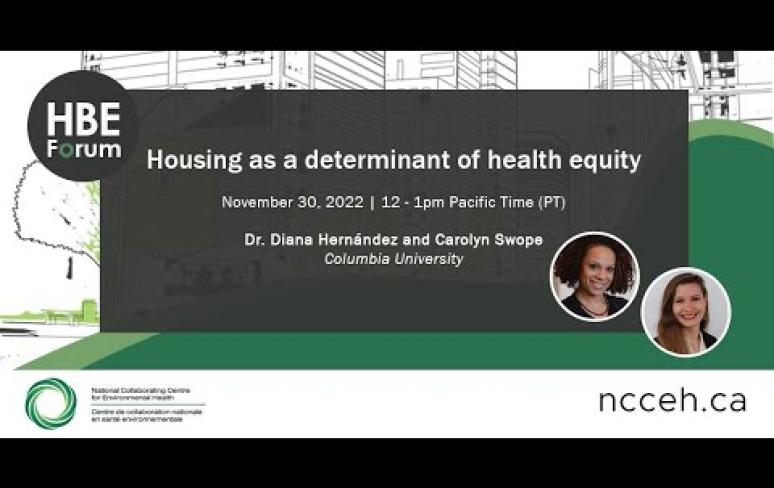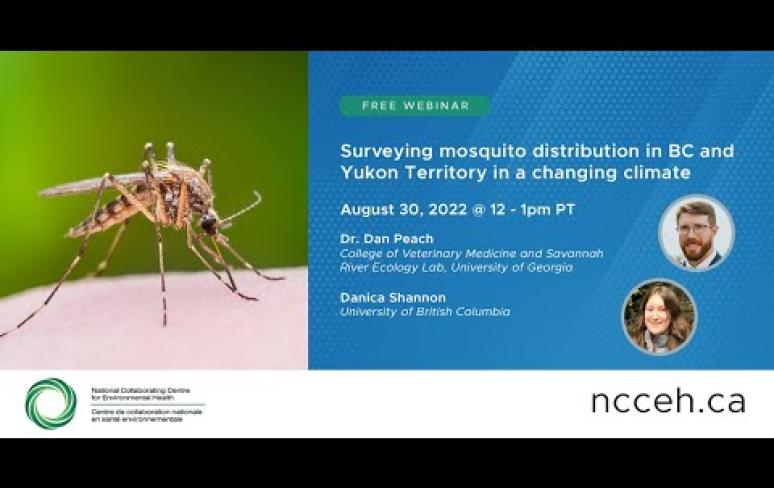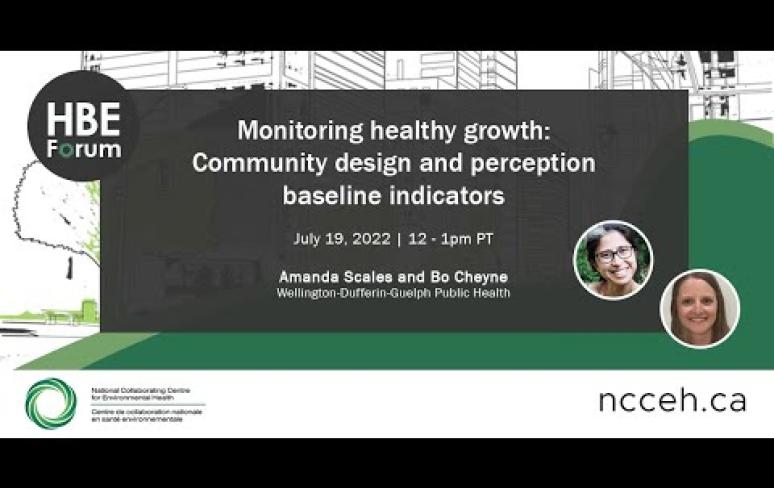Filters
Select Filter
Webinar Recordings
Display 25 - 32 of 155 results
The NCCEH Environmental Health webinars enable sharing and exchanging of knowledge for environmental health professionals through online presentations on current and emerging topics. A short Q&A session follows each presentation. All webinars are FREE.









